"Sleep is a learned skill. Some babies have a natural ability to sleep better and more easily than other babies," Dr. Dauer, a pediatrician and mom, explains. The good news is that because babies and toddlers can learn to sleep, they can get better at it.
Sleep during the first few years of your child's life can be challenging. Newborn sleep is notoriously unpredictable. Yet, sleep for toddlers and young children may also be difficult, with early mornings and shifting nap routines. What can sleep-deprived parents do?

To learn more about healthy sleep schedules for babies and children, I spoke to Dr. Gabriella Dauer, MD, FAAP of Dauer Pediatrics. In addition to being a pediatrician, Dr. Dauer is also a mom who understands the struggles of parenting. Read on to learn Dr. Dauer's tips and advice on sleep.
Pediatrician Sleep Tips for Babies: Sleep Training
Some families decide to sleep train their babies. Various methods of sleep training exist. Parents typically wait for increasingly longer intervals to comfort their child at night. Over time, this can result in your baby staying asleep longer or learning to go back to sleep without your help.
Dr. Dauer explains that whether families choose to sleep train is a personal and cultural decision.
"How and when you sleep-train is dependent on the needs of your family. I know plenty of parents who feed and rock to sleep, nurse multiple times per night, and then co-sleep with their toddler. As long as the sleep environment is safe for our infants, the rest is up to preference," Dr. Dauer says.
As a mom of three, I also found it essential to have reasonable expectations. Sleeping through the night is a skill that takes time. In fact, waking up during the night may be an important safety mechanism for infants. Most babies get better at sleep on their own, leading to better sleep for the whole family.
Top Baby Sleep Tip: Remove Associations
Infants sleep upwards of 17 hours a day. Yet, babies often don't have a rhyme or reason for their wakeful periods in the first few months of life. Dr. Dauer suggests that parents try to eliminate sleep associations. Here are some common issues.
Baby Only Sleeps When Held
Newborns have spent 9 months being rocked constantly in their mother’s womb. Wanting to be rocked or held is natural for babies. Slowly, you can get your baby used to sleeping in their crib or bassinet.
Dr. Dauer recommends laying your baby in their sleep space drowsy, but awake. That way, your baby learns to fall asleep on their own. Sometimes, staying in the room with your baby can lessen separation anxiety. As your baby learns to sleep independently, you can leave the room after putting them down.
Baby Won't Sleep in Bassinet
Bassinets are a popular sleep space for babies, usually ideal for up to 6 months of age. Some bassinets offer a rocking feature, which you can use to help your baby settle after lying them down. You can also try the tips listed above for babies who only sleep when held.
Another popular trick is swaddling. If your baby is a newborn and doesn't roll over yet, using a swaddle can comfort your baby. Swaddling your baby can help prevent them from waking themselves during a startle reflex.
White noise machines can also help babies stay asleep, no matter where you put them down. The noise mimics the sound your baby would have heard in utero. Also, it can drown out other ambient noise that might startle them while sleeping.

Toddler Sleep Advice: Bedtime Routines
A regular bedtime and routine can help your toddler prepare for a good night of sleep. Your routine can be simple. Keeping it consistent and short can help your child's brain associate the routine with sleep. Something simple like putting on pajamas, brushing teeth, and reading a book often works well.
Also, avoid screen time at least 30 minutes before bed. The blue light from screens can trigger your child's brain to think it's time to be awake rather than sleep.
If you're concerned about your child's sleep, be sure to bring it up with your little one's pediatrician.
Sleep Tips for Toddlers: 3 Year Old Sleep Schedules
As your baby grows, their needs for sleep change. "Kids typically drop their daytime nap anywhere between the ages of 3 and 5," Dr. Dauer says.
The American Academy of Pediatrics recommends that 3 to 5-year-olds get 10-13 hours of sleep each day. This includes nighttime sleep and naps.
You can calculate your child's needs based on whether they nap or not. If your child doesn't nap, you can determine the ideal bedtime based on what time they get up for daycare or preschool.
For example, if your 3-year-old gets up at 7 am, the ideal bedtime might be between 6 pm and 9 pm. This will ensure your child gets between 10 and 13 hours of sleep.
If your child does nap, you can simply add the hours of a typical naptime to your child's nighttime sleep. Ensure that your child gets between 10-13 hours overall between nighttime and naps.
Remember, experts say sleep is essential for your child's physical and mental health. Getting enough sleep can help your little one learn and grow. Plus, just like for us adults, not getting enough sleep can put your little one in a bad mood.

Dr. Dauer Answers Questions About Sleep for Babies and Toddlers
We asked our followers for their questions about sleep. Dr. Dauer offered her expertise on sleep in babies and toddlers.
Want the chance to ask experts your questions? Follow us on Instagram!
1. Q: How can I help my baby with GERD sleep better? My baby is already on medication.
Dr. Dauer: It’s so hard to get a baby with reflux to lay down flat and be happy. But, we still have to abide by safe sleep practices where baby is lying on their back alone. Your baby should be in a different sleep space than you, such as in a crib or bassinet.
We do not recommend elevating their head or bed cushions. Baby will be more comfortable sleeping when their reflux (GERD) is better managed. I usually recommend smaller feeds more often, holding baby upright after feeds, dairy elimination, and partially hydrolyzed formula. For medication, I recommend escalating to a PPI for kids who don’t do well on Famotidine.
2. Q: How safe are children's sleep medicines like melatonin for 4-year-olds?
Dr. Dauer: Safety, efficacy, and necessity are all a part of the conversation when it comes to giving children melatonin. It is considered safe in small doses because Melatonin is your natural nighttime hormone. Melatonin tells your brain and body that it is time to rest.
If your child is not sleeping, I would first work with your pediatrician to try all of the environmental adjustments. Try limiting screens and addressing stressors before moving to melatonin. Melatonin is generally safe for use in kids, but is still considered a medication. Once in a while is OK, but we don’t want your kiddo getting stuck on this nightly.
Also, take caution with any medication or supplement that comes in a gummy form. Young kids tend to reach for these and can overdose. Poison control and hospital ERs are reporting a huge increase in melatonin overdose!
3. Q: My daughter just turned 2 and doesn't want to nap in the day anymore. Is this too early?
Dr. Dauer: Two-year-olds are interesting because they often want to explore their environment instead of taking a nap. If your child is sleeping a good 12 hours per night, they may only need a quick 30-minute to 1-hour nap! Some kids with older siblings drop their daytime naps early.
I would try taking your daughter for a drive around 2 or 3 pm and see if your tot falls asleep. Mine always does, so I know she still needs her nap!
4. Q: What are some suggestions to stop middle of the night wake ups?
Dr. Dauer: When baby wakes up in the middle of the night, this can be so stressful for the whole family. Depending on the age, the mechanisms are different - but the goals are typically the same. Our goal is to eliminate the sleep associations.
Rocking baby to sleep? Try to put your baby into their sleep space drowsy but awake.
Is your toddler waking up and leaving their bed to come to you? Consistently move your toddler back to their room and reassure them with gentle hugs. Younger children? Use a reward system for every night they stay in their room.
5. Q: My baby started waking up an hour earlier than usual, but she also crawled for the first time today. Will her wake up time go back to normal?
Dr. Dauer: When infants change their routine with a new developmental milestone, I typically say to stay the course for a week and see what happens. If they are truly continuing with earlier wake-ups, evaluate how much daytime sleep baby is getting. One possibility is that they need fewer naps.
The Bottom Line on Sleep in Babies and Toddlers
Ultimately, sleep is essential for young children. Some babies and toddlers are better sleepers than others. Trouble with sleep and waking up in the night is typically a stage that improves over time as your child learns this skill.
Be sure to consult with your child's pediatrician about your concerns to rule out any medical reasons your little one may struggle with sleep.
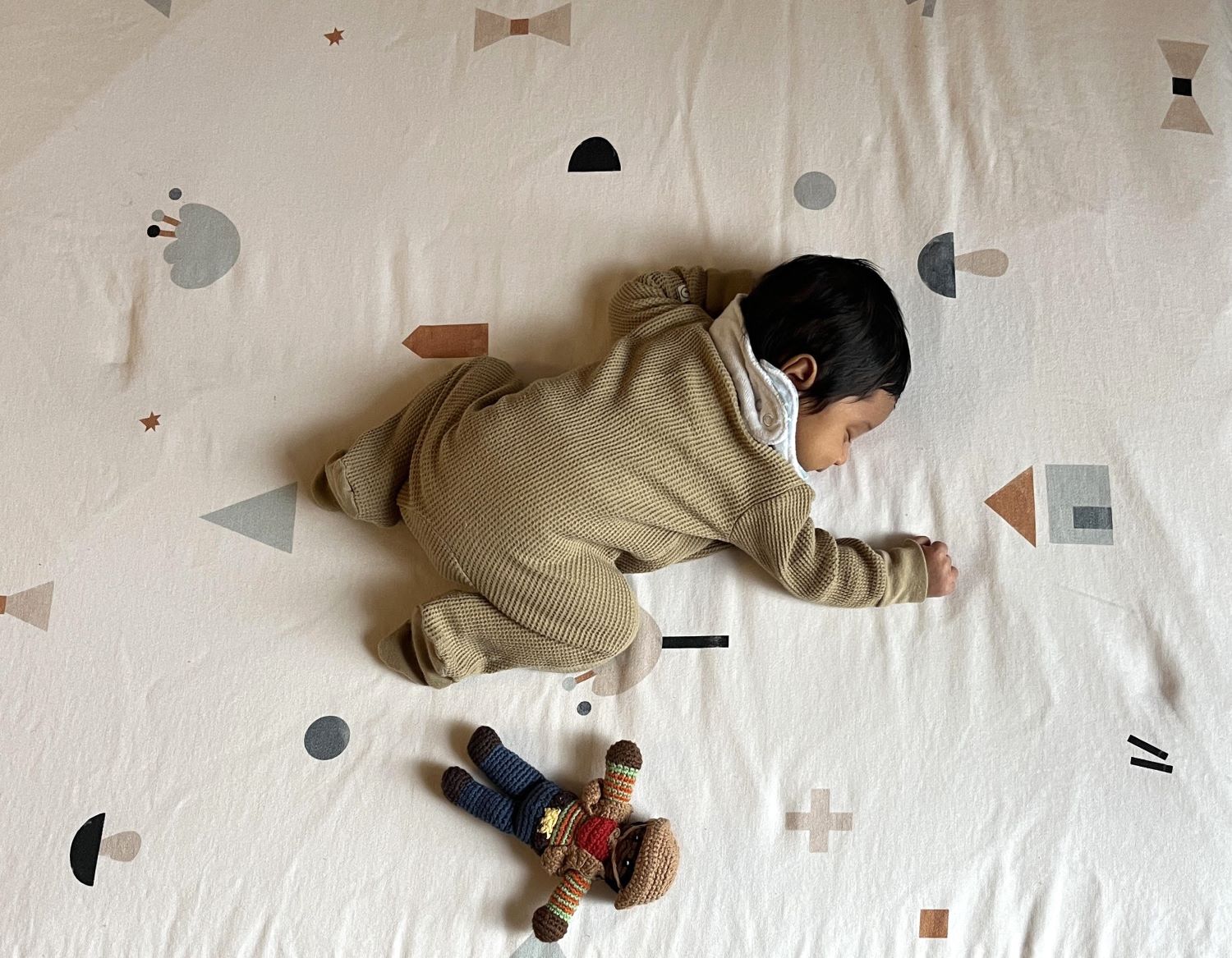

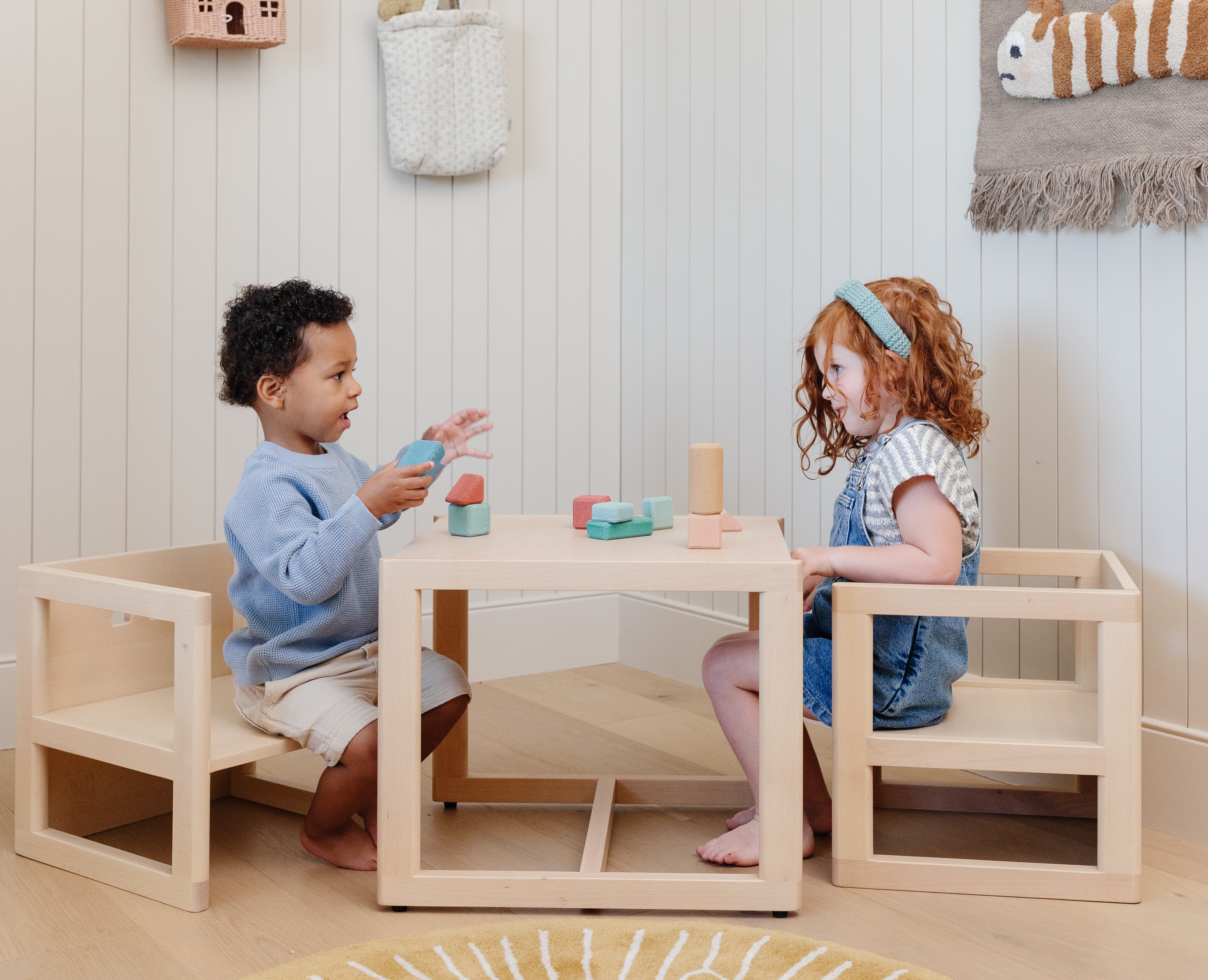

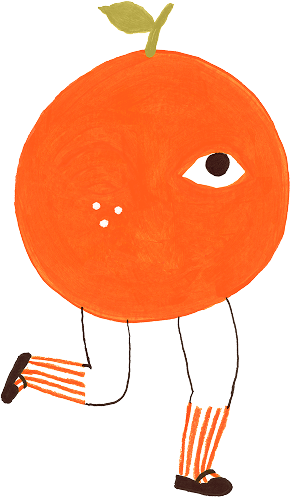
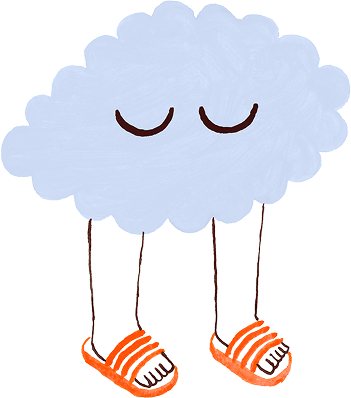
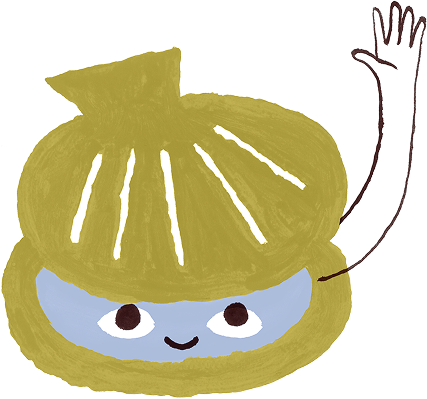

Leave a comment
This site is protected by hCaptcha and the hCaptcha Privacy Policy and Terms of Service apply.